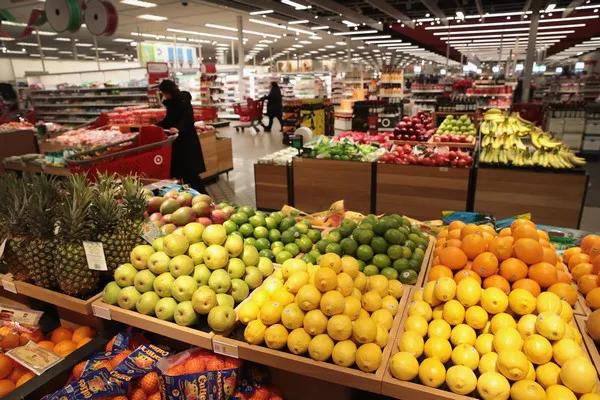The 2023 Nutritious Food Basket survey by the Simcoe Muskoka District Health Unit (SMDHU) reveals a concerning trend: a significant number of residents are struggling to afford nutritious food amid a surge in the cost of living and elevated food prices.
Conducted annually, the survey acts as a vital tool to gauge food affordability, tracking the expenses incurred by residents throughout Simcoe-Muskoka in procuring basic nutritious food. The findings of the 2023 survey underscore the financial strain faced by households, indicating a monthly cost of $1,225.74 for a family of four (two adults and two children) and $445.95 for a single-person household to cover fundamental nutritious groceries. Notably, the cost of the nutritious food basket has risen by five percent from 2022 to 2023.
While escalating food costs impact everyone, the survey exposes a deepening issue of household food insecurity, characterized by inadequate or insecure access to food due to financial constraints, with those on lower incomes bearing the brunt. The spectrum of household food insecurity ranges from anxiety about running out of food to the inability to afford a balanced diet, going hungry, skipping meals, and, in extreme cases, not eating for entire days due to a lack of both food and funds. The inability to consistently afford nutritious foods during financial constraints can have both short and long-term health repercussions.
For individuals and families with lower incomes, the costs of nutritious food and rent often consume a substantial portion or the entirety of their income. The survey highlights that a family of four relying on income from Ontario Works spends 96 percent of their income on food and rent, while a single adult on Ontario Works expends 162 percent of their income, leaving no room for essential living expenses such as utilities, transportation, or child care.
Vanessa Hurley, public health nutritionist and registered dietitian, emphasizes the gravity of the situation: “With one-in-five households in Simcoe Muskoka experiencing some level of household food insecurity, the struggle to put food on the table is real for many of our residents.” Hurley underscores the ripple effect, noting that many individuals are compelled to trim their food budgets to accommodate other non-negotiable living expenses. The absence of access to nutritious foods can lead to negative health outcomes that may persist over the short and long term.
The issue of household food insecurity is not only a matter of individual concern but a serious public health issue. Individuals grappling with this challenge are more prone to poor physical and mental health, including conditions like diabetes, hypertension, and depression. For children in these households, the risks extend to developing asthma and mental health conditions. The resulting strain on the health-care system contributes to increased costs that impact the community at large.
Addressing household food insecurity requires comprehensive and effective income-based solutions, according to Hurley. She advocates for policies and programs aimed at assisting individuals in affording basic nutritious food and managing the overall cost of living. Such measures include increased social assistance rates indexed to inflation, the creation of jobs with livable wages and benefits, the implementation of a basic income, and the development of more affordable housing options within communities. As the Simcoe-Muskoka region grapples with these challenges, a collective effort is essential to alleviate the burden on residents and build a healthier and more resilient community.

